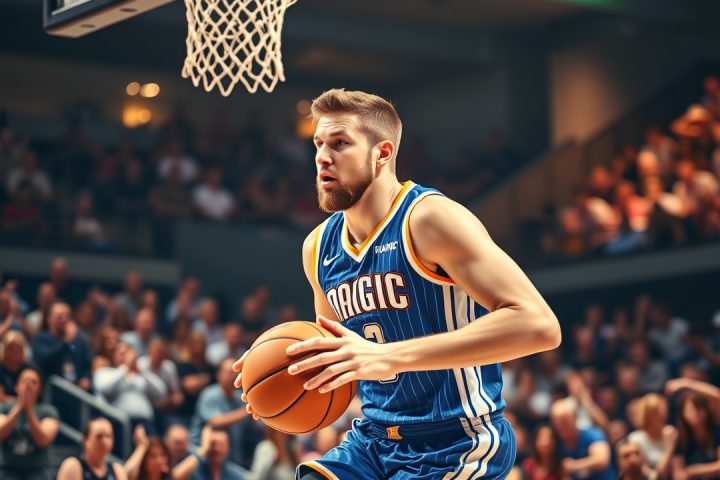Understanding the Complexity of Football Transfers
In the world of football, the process of transferring players is often shrouded in mystery, especially for those unfamiliar with the inner workings of the industry. While many fans may envision a straightforward path where a club approaches another, agrees on a fee, and then negotiates with the player, the reality is quite different. An experienced football agent recently shed light on this complex procedure, revealing that in most cases, the sequence of events unfolds backward.
The Pre-Negotiation Process
According to the agent, the proper protocol is observed by only a small fraction of clubs globally.
“I would estimate that around five percent strictly follow the outlined procedures; the other 95 percent pre-negotiate player contracts before any official bid is made,”
he explained. This means that clubs typically ensure a player’s commitment before even initiating a formal inquiry to the player’s current club.
The Rise of Recruitment Teams
In 2025, football clubs are heavily reliant on well-established recruitment teams equipped with comprehensive databases exploring potential signings for upcoming transfer windows. When a club identifies a player of interest, they usually reach out to that player’s representatives, exploring the feasibility of a move. This shift from agent-led negotiations to club-driven ones has placed clubs in a stronger position, according to the agent, citing that today, the dynamic is roughly 90 percent in favor of clubs compared to just 10 percent for agents.
The Role of Sporting Directors
Former sporting directors have observed a similar trend, noting that while agents often pitch players as potential signings, few proposals make it to the consideration stage if the players are not on the club’s radar already.
“Agents may suggest players, but typically, those options are already well-known to us, or they don’t match the caliber of our shortlist,”
shared a sporting director.
Regulations and Market Realities
Premier League rules do prohibit clubs from directly contacting a player under contract without permission from their current club, barring special circumstances like approaching free agents in pre-contract negotiations or players whose contracts are expiring soon. However, the realities of the transfer market often blur these lines, as clubs routinely test the waters privately without alerting league officials, a practice the agent claims is pervasive across the board.
“It’s really how things have always functioned in football. While complaints can arise on rare occasions, particularly when a club fears losing a key player, most clubs turn a blind eye to the ticking clock on their own dealings,”
the agent added.
The Transfer Negotiation Process
Once the groundwork for a transfer is laid, recruitment teams—before a sporting director’s involvement—assess players by examining various factors, including potential costs and salary expectations. After a buying club settles on their preferred target, discreet discussions take place between the club and the player’s representatives, usually with the selling club aware of the potential for a transfer. During these conversations, which often happen weeks ahead of finalized decisions, clubs explore the player’s preferences and motivations.
Recruitment teams often keep multiple options open for similar positions, ensuring they have alternatives if the initial candidate does not work out. After potential personal terms are discussed, the final step is to negotiate the transfer fee. Although traditional expectations dictate that clubs finalize a fee before any contact with players, the 2025 norm sees clubs arriving at a price that is more of a formality after substantial groundwork has already been established. An agent typically seeks an unofficial asking price from the selling club, a number that often tends to be lower than what the club would realistically accept.
Challenges in Transfer Negotiations
Negotiations can become contentious, especially if a player’s current club is hesitant to sell or if competitive offers arise. In some instances, players may resort to drastic measures to expedite their desired transfers, despite the risks involved, including possible fines for non-participation in training sessions. For example, Matheus Nunes’s attempts to leave Wolverhampton Wanderers for Manchester City were publicly noted after he went absent during training.
The Medical Examination
As negotiations progress, player medicals are conducted as a final step. Contrary to popular belief, these medicals are not straightforward pass-or-fail tests; instead, they are detailed assessments meant to inform the buying club about any potential health risks. These results can lead to adjustments in the proposed transfer terms or, in some cases, an outright cancellation of the deal.
Despite these challenges, the overwhelming majority of transfers proceed smoothly once the medical concludes positively, concluding a process that operates in a significantly different manner than the public might assume.




